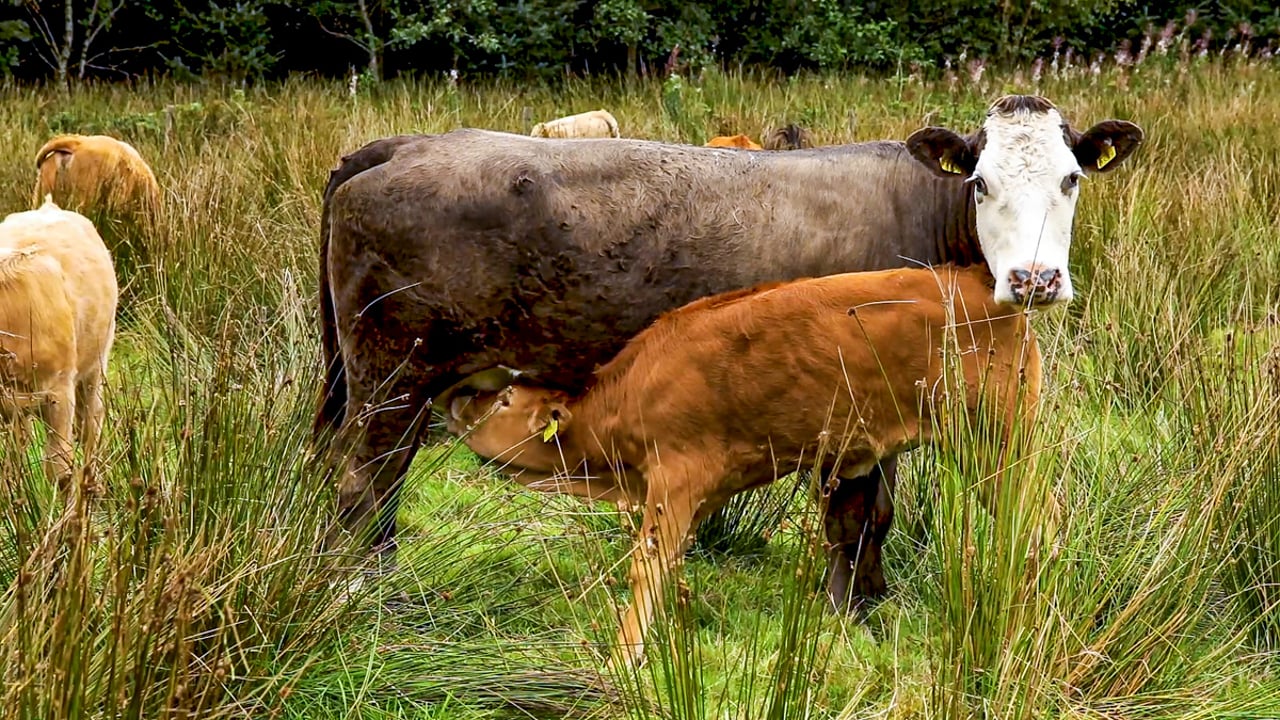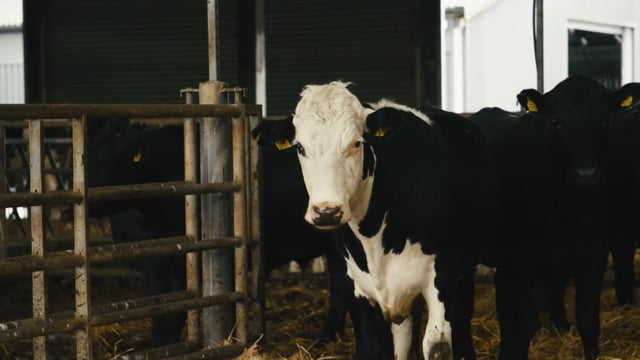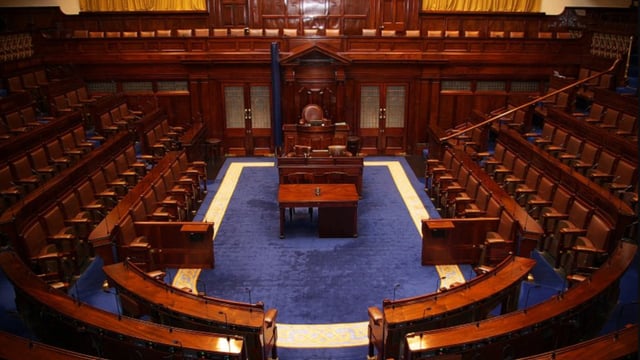248 farmers removed from SCEP for failing to complete training
The Department of Agriculture, Food and the Marine (DAFM) has confirmed that almost 250 farmers have been removed from the Suckler Carbon Efficiency Programme (SCEP) for not completing mandatory training.
Final validation checks have been completed by department officials for SCEP participants on compliance with the requirement to complete the training course.
Those checks found that 248 farmers failed to complete the training by the required date.
The department said that it has written to each of the farmers "confirming that they have been removed from the scheme and any SCEP payments received to date will be recouped".
"Those in receipt of these letters have been advised of the opportunity to request a review of this decision, should they wish to do so," a DAFM spokesperson told Agriland.
"The calculations of recoupments commence on removal of a participant from the scheme and farmers will be notified individually once these calculations have been completed for their herd.
"The average annual payment per participant removed from SCEP for non-compliance with eligibility requirements is €2,580," the spokesperson added.
SCEP
The department has said that currently 16,360 active participants in SCEP.
The scheme aims to provide support to beef farmers to improve the environmental sustainability of the national beef herd.
The department said that SCEP will build on the gains delivered in recent years through the Beef Data and Genomics Programme (BDGP) and the Beef Environmental Efficiency Programme (BEEP) by improving the genetic merit of the Irish suckler herd.
Since commencement of the scheme in March 2023, around 3,240 farmers have been removed from SCEP. In addition, a further 1,259 participants have opted to withdraw themselves.
The main reasons these participants were removed from the programme include failing to calve down a minimum of 50% of their yearly reference number within the scheme year (around 38%) and failing to apply for Bord Bia Quality Assurance Scheme (Q/A)/have continued participation in Bord Bia Q/A (around 52%).
The balance of circa 10% are comprised of participants who failed to submit a Basic Income Support for Sustainability (BISS) application in either 2023 or 2024, participants who failed 3 out of 4 of the scheme actions and those who failed to complete the SCEP training by the required deadline.











